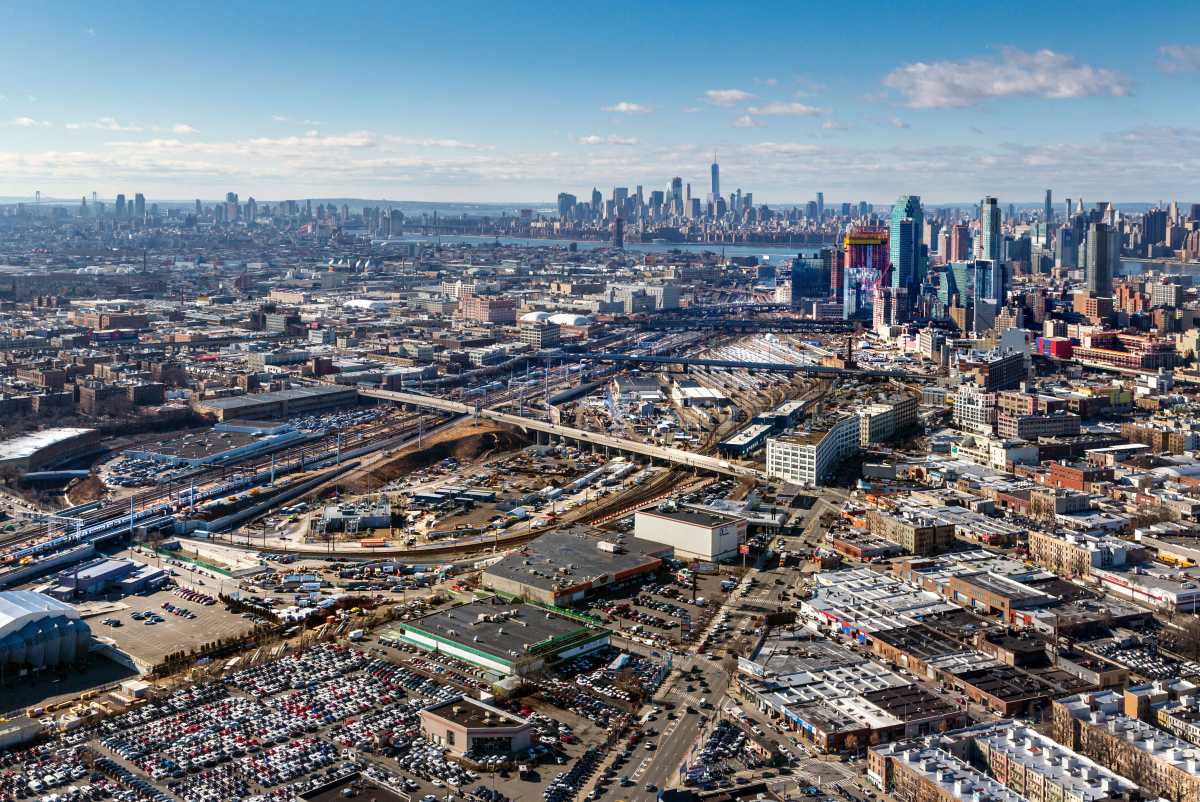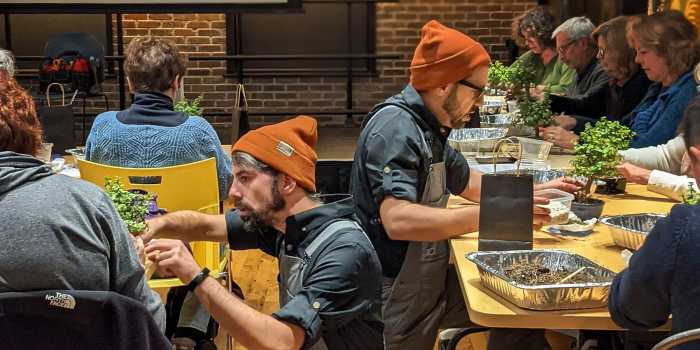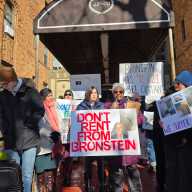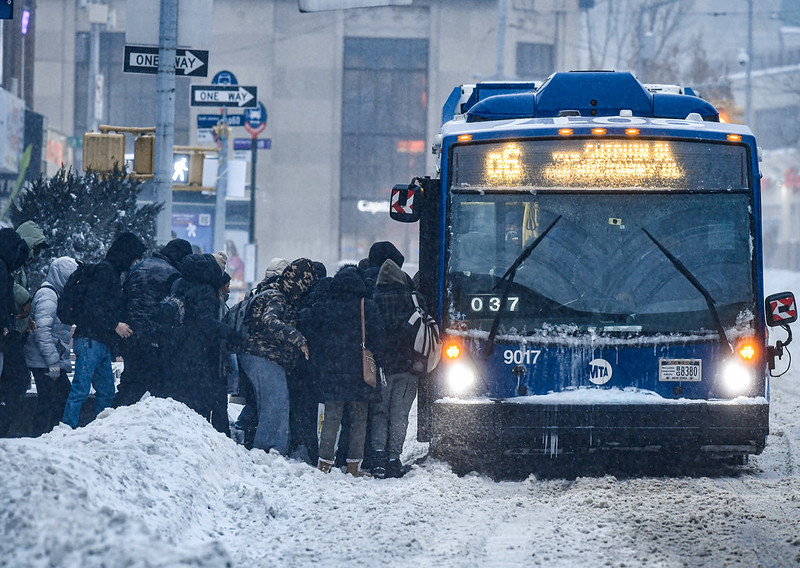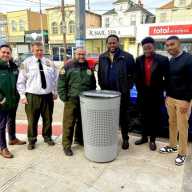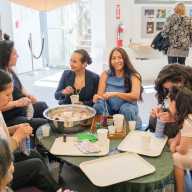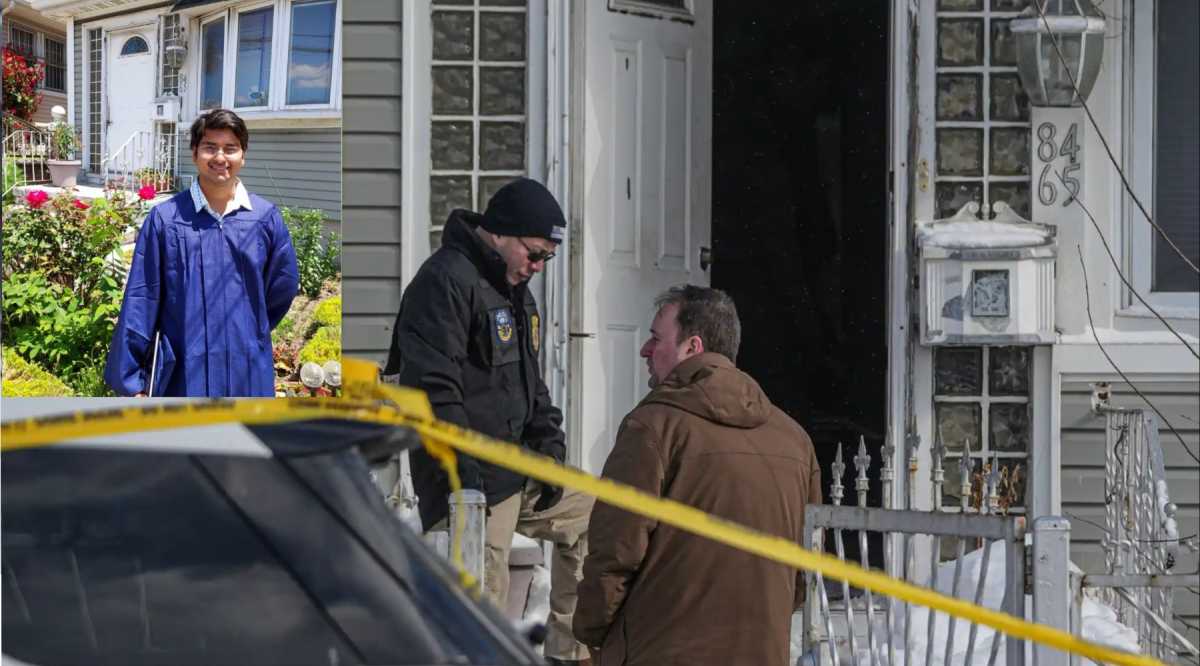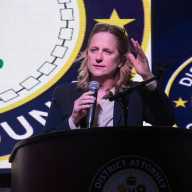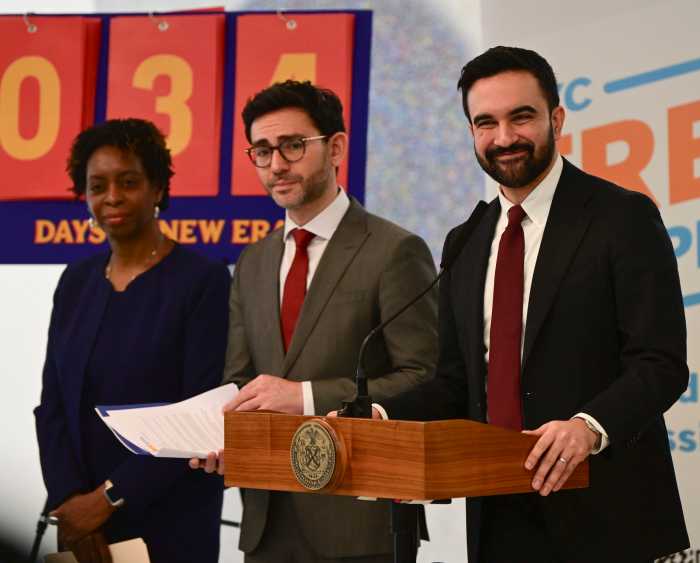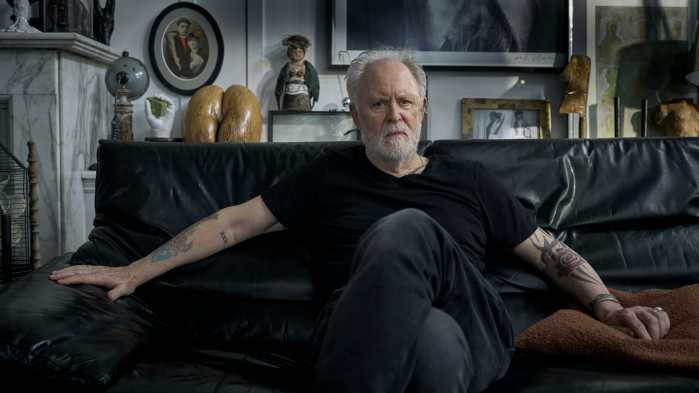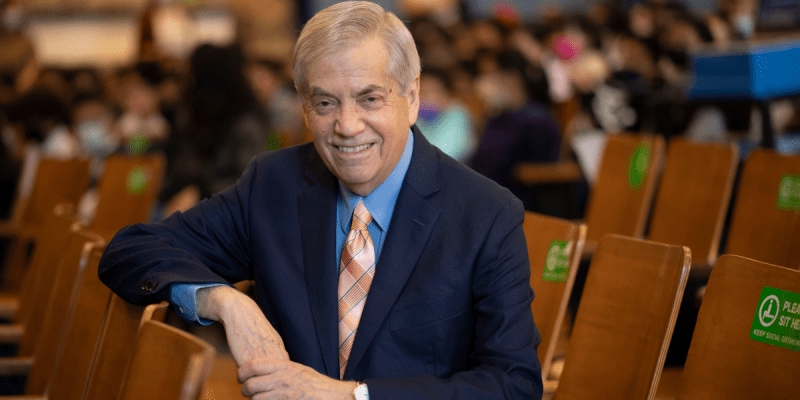Planning for the much anticipated Sunnyside Yard project in Long Island City is getting underway in earnest.
Deputy Mayor for Housing and Economic Development Alicia Glen and Amtrak Chairman Anthony Cosica announced today, May 3, that they will begin the master planning process for Sunnyside Yard. The City of New York and Amtrak signed a letter of intent to formalize their agreement, and the 18-month process is slated to begin this summer.
“This is a once in a generation opportunity for civic groups, public officials and residents to create a vision for their borough, one that delivers on the central challenges Queens faces like affordable housing, open space, more school seats and better public transit. We are ready to listen and to work with all our partners to develop a plan that Queens can be proud of,” Glen said.
The yards are majority owned by Amtrak. The other parts of the property are owned by New York City and the Metropolitan Transit Authority, who the New York City Economic Development Corporation (EDC) said will also be part of the master planning process later on.
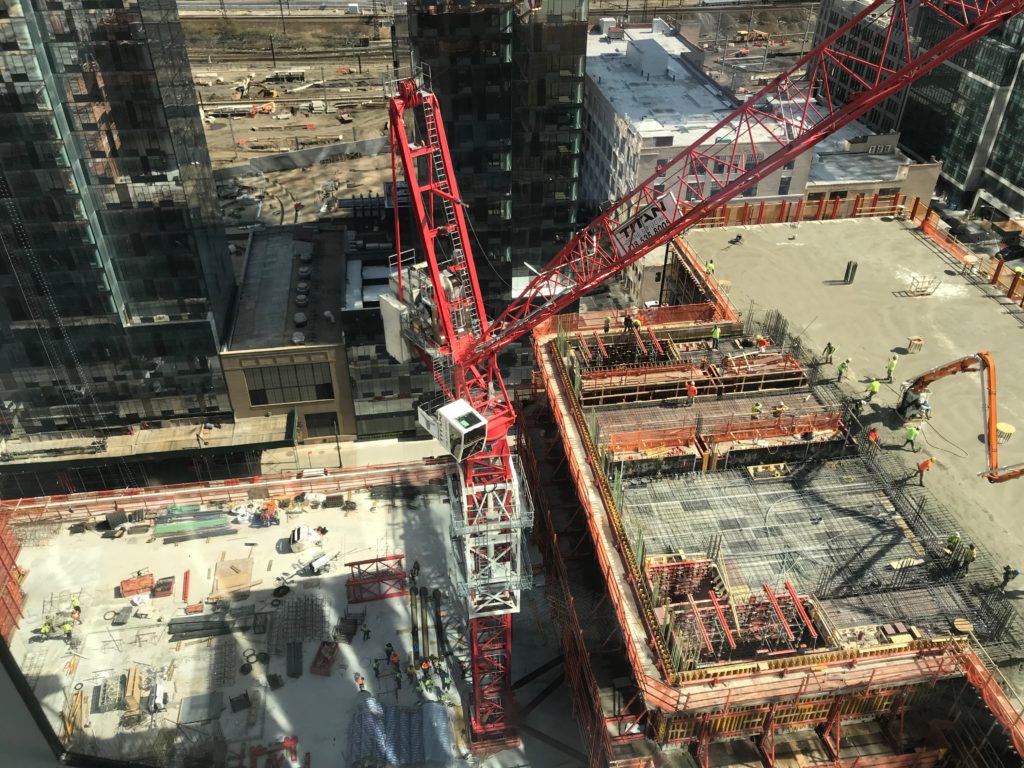
EDC Vice President Cali Williams was named as the director of Sunnyside Yard. Williams has been with the EDC for nearly 10 years, and has had extensive experience in implementing neighborhood planning, economic development and rezoning. Her most recent experience involved overseeing comprehensive action plans for Jamaica and Far Rockaway.
Prior to beginning the project, the EDC conducted a feasibility study in 2015 to determine the possibility of the overbuild project. The study found that 80 to 85 percent of the 180-acre yard could be built over, creating the potential for building 24,000 homes, 19 schools, 52 acres of public parks and other community amenities.
The Sunnyside Yard steering committee will be lead by both Elizabeth Lusskin, president of the Long Island City Partnership, and Sharon Greenberger, president and CEO of the YMCA of Greater New York. In addition to these women, the steering committee will be made up of 35 diverse individuals including elected officials, local community leaders and planning experts.
According to the EDC, the steering committee will meet quarterly over the 18-month planning process. During that time, they will be getting community feedback through public meetings and workshops, attending civic meetings and canvassing. Williams and members of the EDC highlighted the importance of community engagement and input during the master planning process.
“The steering committee is one way [of community engagement], but in addition we’re going to be doing robust community engagement. Whether it’s through open houses, continuation of one-on-one meetings, or any other tools. There will be plenty of opportunities for all voices to be part of this effort,” Williams said.
One of the key reasons that the EDC gave for building in Sunnyside Yard is the exponential population growth in Queens and New York City as a whole over the next 20 years. The population is expected to grow by half a million people, 80,000 of which will be in Queens alone.
This large-scale growth will put a strain on the city’s current resources, including schools, parks, mass transit and housing. The EDC said that the project presents “an opportunity to address these challenges head-on and do so in a way that integrates new development into the established fabric of surrounding communities.”
Following the announcement, Assemblywoman Catherine Nolan voiced her disapproval on the steering committee’s failure to reach out to her and the lack of diversity on the panel.
“I am incredibly disappointed that Deputy Mayor Glen did not reach out to get my input as the elected representative of this district for over 30 years. I have worked closely with the mayor on many issues and it is shocking to see community voices denied in this process at the very beginning. I commend the many talented leaders on this group but it must be more diverse and reflective of our western Queens community. I must insist that locally elected officials be able to recommend community leaders to this panel, that it be expanded to include more voices and that more local residents and businesses, not just nonprofit groups, be included.”
Nolan added that she would introduce legislation to “give the governor and the Legislature more input into this process.”
This story was updated on April 3 at 2:55 p.m. to reflect Assemblywoman Nolan’s comments.

